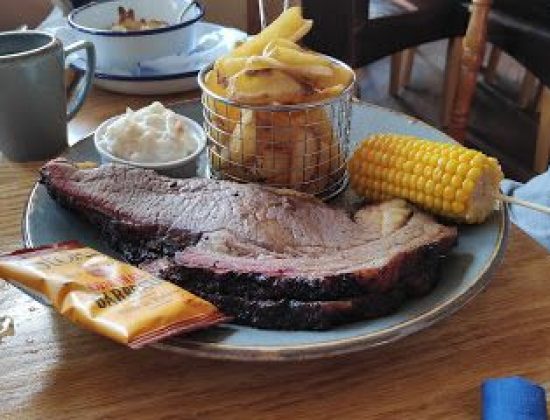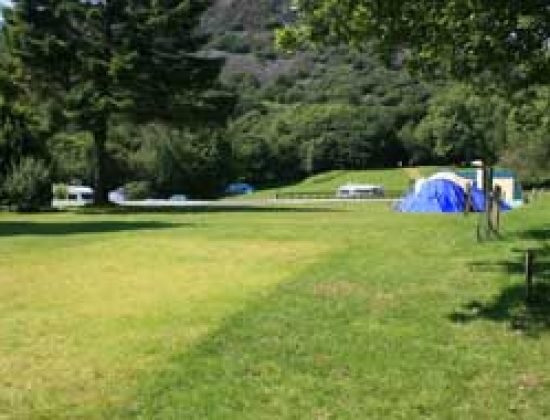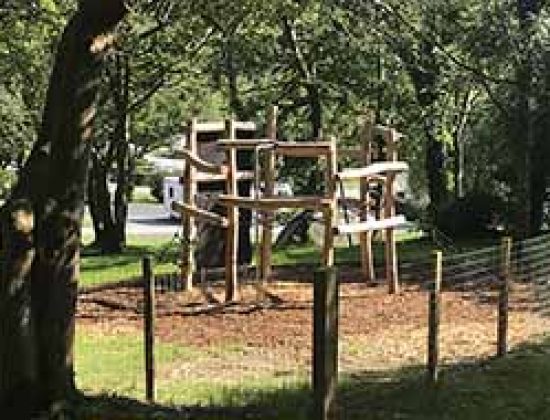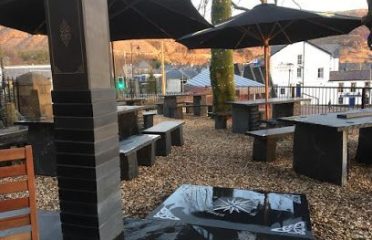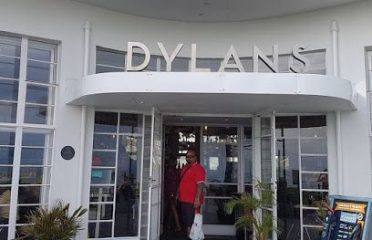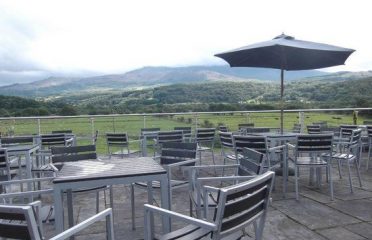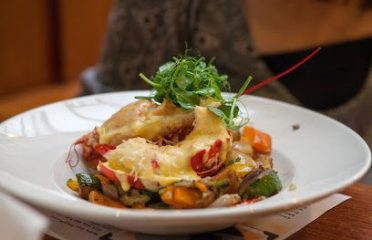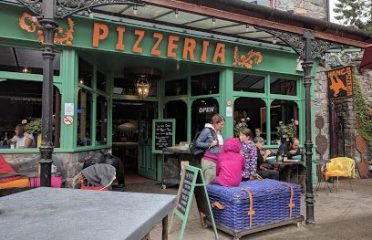**Ty Mwg Beer and Brisket Smokehouse** is a culinary gem nestled in the heart of Tyddyn Llwyn, where exceptional flavors and a warm atmosphere come together to create a unique dining experience. Specializing in mouthwatering smoked brisket and an impressive selection of craft beers, our smokehouse invites you to savor the rich, bold tastes of our expertly prepared dishes.
At Ty Mwg, we pride ourselves on delivering quality service and ensuring customer satisfaction with every visit. Our dedicated team is passionate about providing a welcoming environment where guests can unwind and enjoy delicious food, whether they’re dining in or grabbing takeout.
In addition to our signature offerings, our on-site shop features a curated selection of essential goods, including sweets, ice creams, and camping supplies for those embarking on outdoor adventures. While we may not be a supermarket, our focus on quality and convenience makes us the perfect stop for both locals and travelers alike. Experience the unique blend of flavor and hospitality at Ty Mwg Beer and Brisket Smokehouse—where every meal is a celebration of taste!
Rate us and Write a Review
Note: Data fetched from Google is temporarily stored and can change on latest API request every month.


